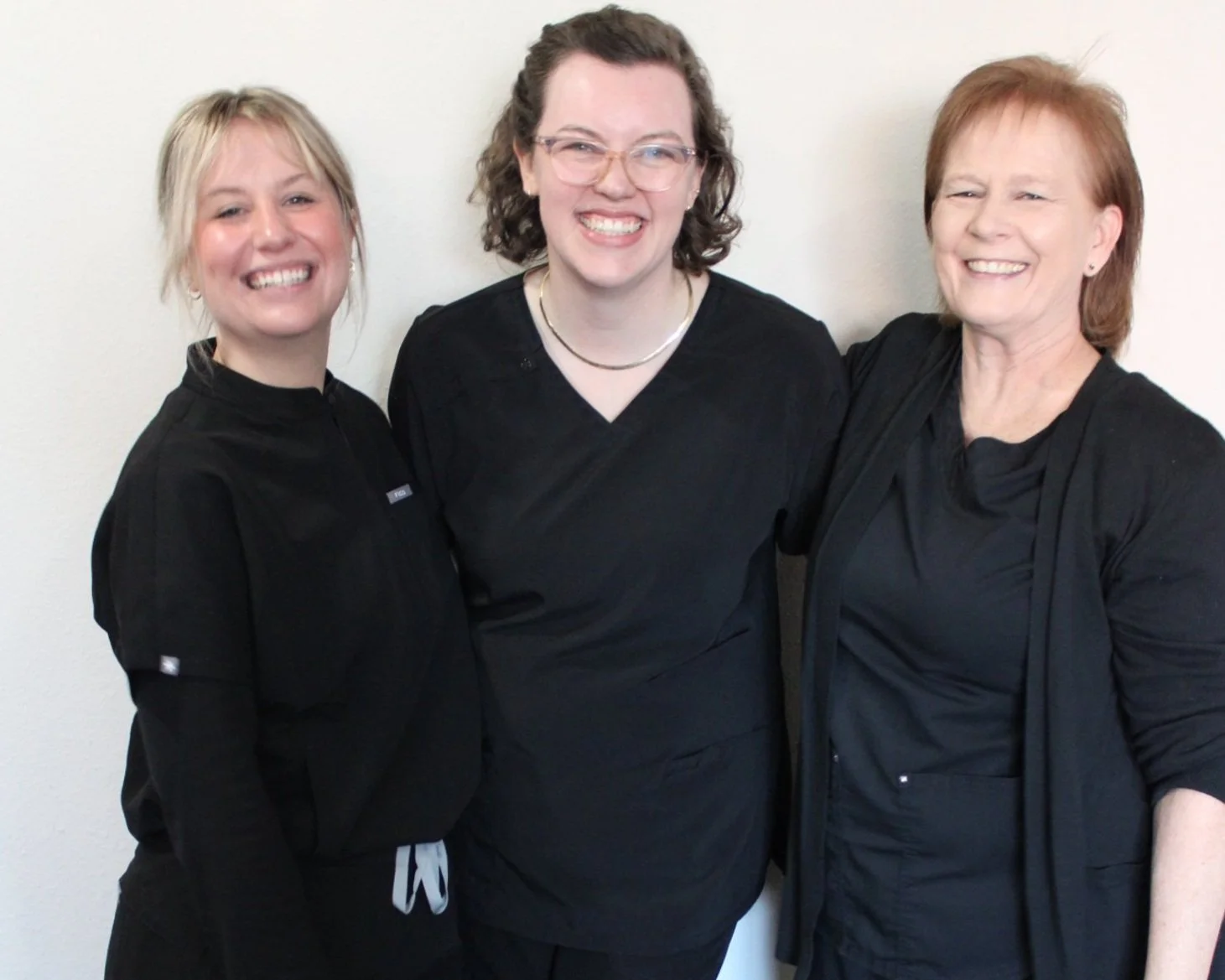Speech Language Pathology
Speech and Language Therapy isn’t just about how your child talks, but about all forms of communication. It looks developmental skills including oral motor for speaking and chewing/swallowing, auditory and visual processing skills for attention and memory as well as spoken and written language skills for learning and social communication.
If you think your child may be struggling with eating, talking, learning, or socializing , an Speech/Language Therapist can help determine why your child is struggling and help develop FUN activities to help your child grow and succeed in their daily life.
Our staff will work closely with the child and the caregivers to help with building skills and confidence in being able to successfully navigate daily events.
What Areas are Addressed?
Pediatric speech-language pathologists (SLPs) address a wide range of communication, cognitive-linguistic, and feeding/swallowing challenges in children. Their work supports speech, language, social communication, and learning abilities. Some key areas they address include:
1. Speech Sound Production (Articulation & Phonology)
Helping children pronounce sounds correctly
Addressing speech disorders like articulation delays and phonological disorders
Treating childhood apraxia of speech (CAS), a motor-planning disorder
2. Expressive & Receptive Language Development
Expressive Language: Expanding vocabulary, forming sentences, grammar, and storytelling
Receptive Language: Understanding words, following directions, answering questions
3. Auditory Processing & Listening Skills
Auditory Processing Disorder (APD): Difficulty processing and interpreting sounds correctly
Listening Comprehension: Understanding spoken language, following multi-step instructions
Strategies to improve sound discrimination, auditory memory, and auditory attention
4. Fluency (Stuttering)
Helping children develop smoother speech patterns
Managing repetitions, prolongations, and blocks associated with stuttering
5. Voice Disorders
Treating hoarseness, vocal strain, or breathy voice caused by misuse or medical conditions
6. Social Communication & Pragmatic Language
Teaching conversational skills, turn-taking, and body language
Helping children with autism spectrum disorder (ASD) or social communication difficulties
7. Dyslexia & Reading Comprehension
SLPs help with phonological awareness, a key skill in learning to read (e.g., rhyming, sound blending, and segmenting words)
Supporting letter-sound correspondence, decoding, spelling, and reading fluency
Improving reading comprehension and narrative skills
8. Feeding & Swallowing Therapy (Oral-Motor & Sensory-Based Challenges)
Addressing picky eating, difficulty chewing/swallowing, or sensory aversions
Strengthening oral muscles for safe and effective eating


